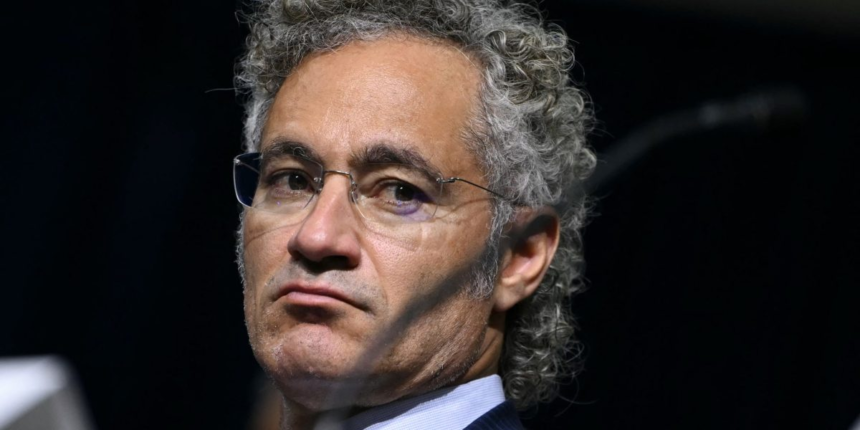Short sellers like Left insist that Palantir’s business isn’t as scalable or as subscription-based as Wall Street prefers, in stark contrast to OpenAI. Palantir’s dependence on government deals introduces uncertainty and volatility, leading Citron to claim that the stock is unjustifiably expensive even after recent losses.
Even now, contrarian trading remains high—if Palantir rebounds, short interest is expected to return as investors closely watch future earnings, contract renewals, and the sustainability of its growth strategy. This extraordinary volatility means that Palantir, in 2025, is the top-performing and worst-performing stock—at the same time.
Palantir did not immediately respond to a request for comment.
For this story, Fortune used generative AI to help with an initial draft. An editor verified the accuracy of the information before publishing.









